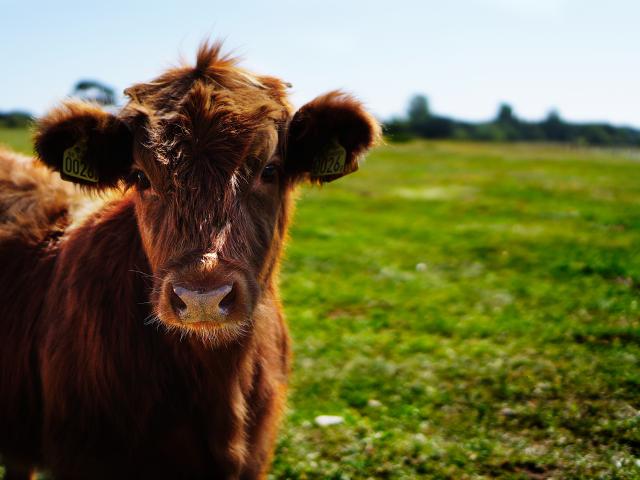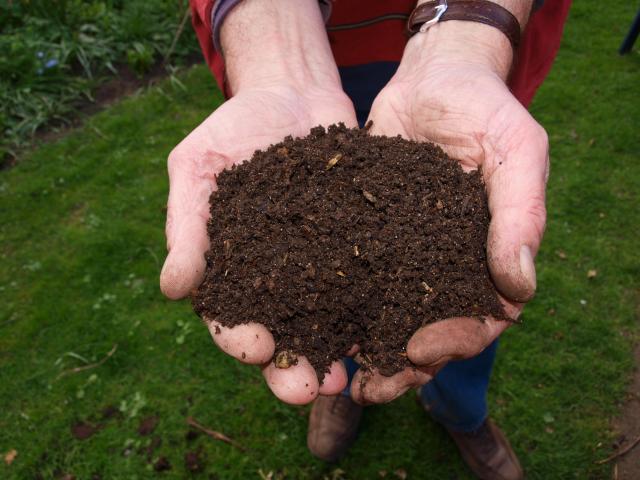Though lockdowns have meant that the world has spent much of the past few months at home, it doesn’t mean that the urgent ecological problems we faced before the pandemic are any less serious.
In fact, many are more concerned about their environmental impact than ever before, especially seeing as Covid-19 itself is a zoonotic disease that is arguably a direct result of our disrespect for nature.
It’s all too easy to feel pessimistic about the likely outcome of our ongoing climate crisis. With the media showcasing the endless ways that humans seem to be destroying the planet, it can feel like a hopeless situation. But we can all make a difference – and we don’t all need to morph into eco-warriors overnight, either. Here are some practical, effective ways to make an impact, without leaving your home.

Consider your energy efficiency
How energy efficient is your house? Though most of us know how important it is to switch off lights and devices when not in use, there’s a lot more to making a property energy efficient. An Energy Performance Certificate (EPC) can give you a good idea of your overall energy use – plus it’s a legal requirement if you ever want to sell or rent your home.
Knowing your energy use status means you can take practical measures to improve, and that means lower bills and a smaller ecological footprint. Acquiring an EPC certificate is a small investment, but it lasts for a full 10 years. Technicians can investigate your boilers, the degree of insulation, the performance of your radiators, the presence of any double glazing and even the light bulbs you’re using and the overall floor plan of your house.
Be mindful about your packaging
Sadly, UK households send truly scandalous volumes of waste to landfill each and every day. Though we can’t do much about supermarkets and retailers using non-recyclable packaging, we can choose who we buy from. A little forethought can easily reduce the amount of plastic you are purchasing. Try buying produce loose or bring a reusable fabric bag to the shops, or else opt for products that are packaged in paper, carboard, tin or glass so they can be recycled. There are now a handful of zero waste shops around the country that will refill reusable containers with pantry staples and things like shampoo or laundry detergent.
Unless you’re super serious about going zero waste, however, a little plastic is likely unavoidable. In this case, be creative and reuse containers you already have – jars and tubs of all sizes work perfectly as kitchen storage.

Cut your meat consumption
Eating less beef and pork is not only good for your waistline and overall health, but it’s a brilliant way to lower your carbon footprint. Cattle farming is one of the most wasteful and energy intensive practices on earth – try poultry for a lighter, more affordable and more sustainable alternative.
Better yet, skip animal products all together. Vegan and vegetarian diets are without question the more ecologically sound choice, and today consumers have more to choose from than ever before. If giving up meat seems daunting, try committing to gradually lowering your intake by having a few meat-free days a week. This way, you can adjust slowly and experiment with new ingredients and recipes.
Cutting out meat is not the only way your diet can help the environment. Be more mindful about the origin of the food you eat, and avoid food that’s been shipped from abroad, contributing to carbon emissions. Shop from farmers markets in your area, buy local and in season, and avoid foods that are damaging to the environment, such as palm oil or unsustainable fish.

Try composting
During lockdown earlier this year, restaurants shut their doors and many people rediscovered the joys of home cooking. But using more fresh produce at home also increases the risk of spoiled food. If you don’t already, make sure you’re collecting food waste for collection by your local council, or go one step further and start your own compost heap. Nothing is quite so rewarding (and ecofriendly!) as eating fruit and vegetables from your own garden, that have themselves been grown in nutrient-rich compost made from last year’s humble kitchen scraps. Food waste can also be cut dramatically by simply taking the time to plan meals, and using the more perishable items first.
Though it can sometimes feel that individuals couldn’t possibly make a difference when it comes to the environment, the truth is that we are all able to make good choices each and every day – and these add up! For more ideas on how you can do your bit to help the environment, take a look at our BE the Butterfly Effect campaign.
Guest blog from Lily Harris.
Lily Harris is a freelance writer who advocates for sustainable living to help the environment. Lily has been passionate about the environment from a young age and hopes to bring attention to the small ways we can all work together to fight climate change effects. You can usually find her exploring local parks with her cocker spaniel, or getting stuck into a new recipe.
References
Greatist.com, 40 Unexpected Ways You Can Help the Environment Right Now:
https://greatist.com/happiness/ways-help-environment
Zerowasteweek.co.uk, Zero Waste Week UK:
https://www.zerowasteweek.co.uk/zero-waste-uk/
Theguardian.com, The diet for a healthy planet: what should environmentalists eat?:
https://www.theguardian.com/environment/2019/jan/27/environmentally-friendly-foods-samin-nosrat
https://nexusenergysolutions.co.uk/office-locations/epc-london/
Unenvironment.org, Facts about the Climate Emergency:
https://www.unenvironment.org/explore-topics/climate-change/facts-about-climate-emergency
https://butterfly-conservation.org/be-the-butterfly-effect


